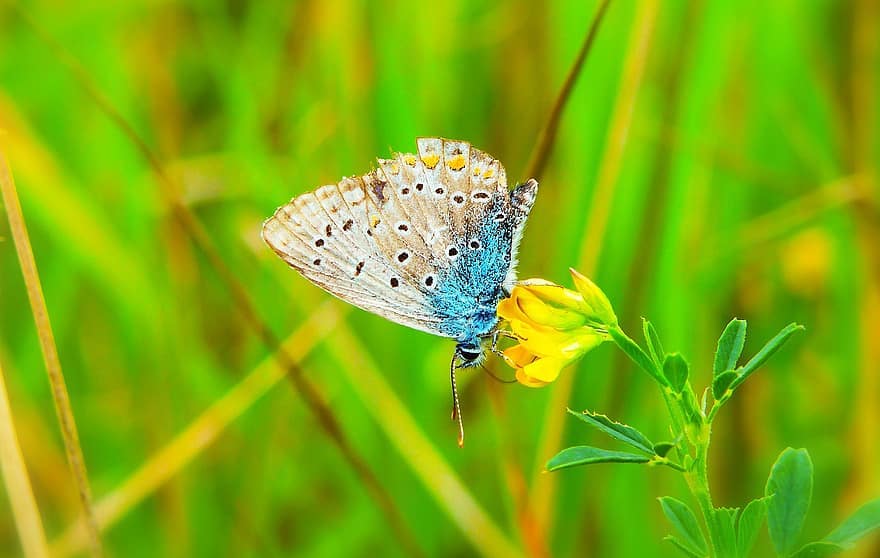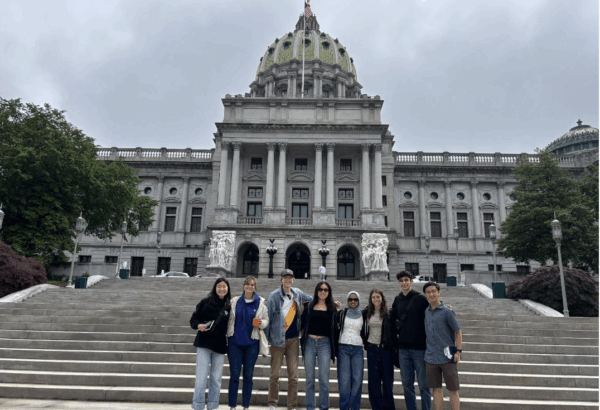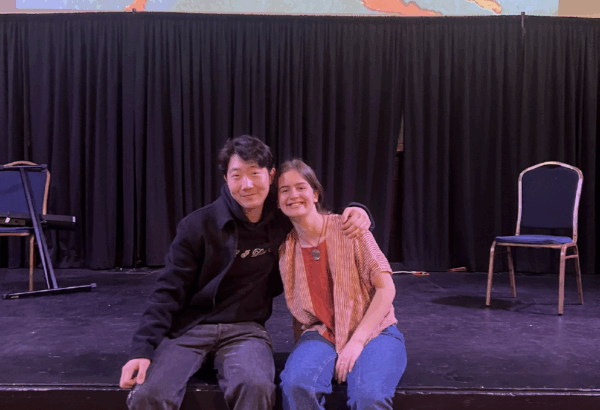When we were children, we used to think that when we were grown-up, we would no longer be vulnerable. But to grow up is to accept vulnerability…To be alive is to be vulnerable.
—Madeleine L’Engle
It is important to note that L’Engle used the word “acceptance” to describe the relationship we can learn to have with vulnerability as we become grown-ups. She didn’t posit that we have to enjoy vulnerability. To be vulnerable can feel like we are not in control; we can feel unmoored from the solid land we are used to, off balance and insecure. It can be like being caught in an unexpected powerful storm where we suddenly seem small and buffeted by outside forces. Vulnerability is something we definitely would want to grow out of as we become adults.
If the experience of vulnerability is something that L’Engle suggested is part of being alive, however, not something that we grow out of, then what do we do with it? We are increasingly exposed to user centered technology and services that cater to us personally and give us increased feelings of control. What do we do with the messages, technology, and thoughts that reassure us that we are in control in the face of a pandemic, the 2020 election, fires and tropical storms that make us feel increasingly exposed to forces out of our control?
Two Ways to Accept Vulnerability
L’Engle said that we need to learn to accept the fact that life is going to make us feel vulnerable and she offered us two ideas towards making this process an easier one. One idea is an active one: “Our truest response to the irrationality of the world is to paint or sing or write, for only in such response do we find truth.” In the face of things that are incomprehensible to our rational mind, things that seem out of control and utterly bizarre, mysterious and powerful, we do not need to get stymied by trying to instantly figure it out, making the irrational, immediately rational. L’Engle gave us permission to instead “respond” by creating art in many different forms and from this creation “find truth.” The truth found through this asymmetric response—instead of doubling down and thinking “harder” allowing the self to be creative and rest, relax and perhaps come at the problem a different way—is going to produce our “truest response;” a truth that reveals perhaps an expression of how the particular irrationality is acting on our whole selves.
Her next idea was equally helpful, “Stories make us more alive, more human, more courageous, more loving.” Share your stories and listen to the stories of others. Sharing with another person is a vulnerable experience. It is not something some of us may run to when we feel vulnerable—the increased vulnerability of also sharing about it. Listening to someone else and then trusting them with your story produces empathy as well as increases social trust. This empathy makes us more alive, human, courageous and loving, according to L’Engle. The trust can create a ripple effect that can not only make us feel healthier but can increase collective social trust. Through stories, we are developing strength and resilience and the ability to persevere despite the challenges of this moment.
When we look back on 2020 we will most likely be flooded with a variety of emotions. We are living through traumatic and unsettling times. As I write this, I can hear my daughter’s first grade teacher over zoom in the next room, my other daughters are upstairs remotely studying in their rooms and my husband is on the third floor in a zoom meeting. This is certainly not how I envisioned our fall. The added uncertainty about when things will return to “normal” produces vulnerability that is real and does not feel good. I am reminded by L’Engle that to be vulnerable is to be alive and I can move towards acceptance by journaling or singing or sharing with another person. My daughter’s first grade teacher just said, “Persistence, can you say the big word ‘persistence’”? Yes, we can.




